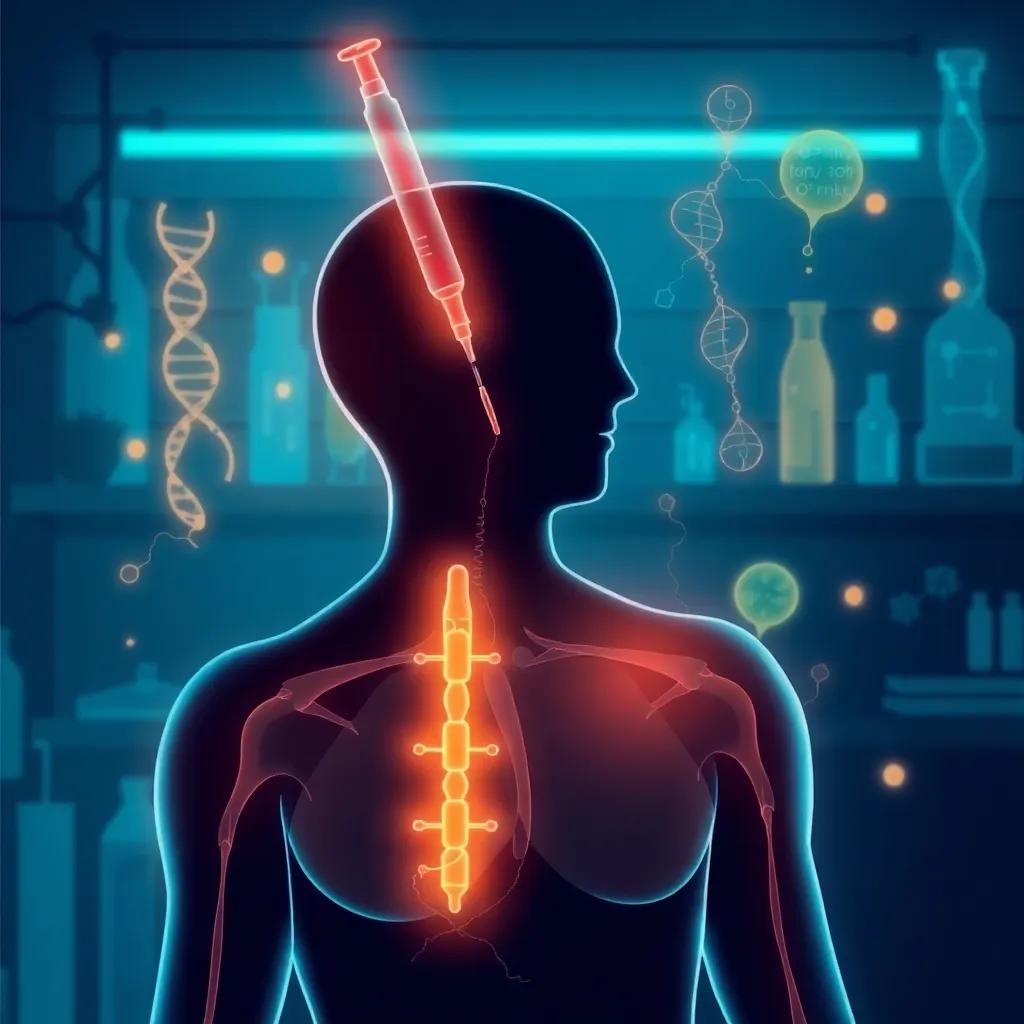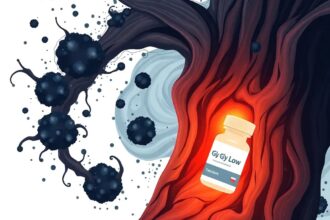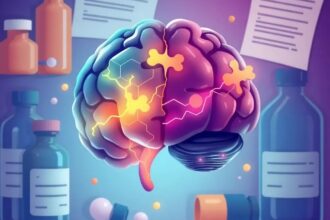Groundbreaking pilot study explores BPC-157’s safety in humans, with potential applications for tendon injuries, gastrointestinal healing, and neurological conditions.
The first human trial of intravenous BPC-157 peptide therapy could revolutionize tissue repair and regenerative medicine.
The Dawn of Peptide Therapy: BPC-157’s Journey to Human Trials
In a landmark development for regenerative medicine, researchers at the University of Zagreb have initiated the first human trial of intravenous BPC-157 therapy. This synthetic peptide, derived from a protective protein in gastric juice, has shown remarkable tissue repair properties in animal studies. This represents a crucial step in translating decades of preclinical research into clinical applications,
stated Dr. Marko Duvnjak, lead investigator of the study, in a press release from the university.
Mechanism of Action: How BPC-157 Works
BPC-157 operates through multiple pathways, as detailed in a 2024 review in Peptides journal. It modulates vascular endothelial growth factor (VEGF), endothelial nitric oxide synthase (eNOS), and various growth factors. What makes BPC-157 unique is its pleiotropic effects – it doesn’t just target one pathway but orchestrates the entire healing process,
explained Dr. Sarah Chen, a peptide researcher at Stanford University, in an interview with our publication.
Potential Clinical Applications
The therapeutic potential spans several medical fields:
- Sports Medicine: Accelerated healing of tendon and ligament injuries
- Gastroenterology: Treatment of inflammatory bowel disease and gut barrier repair
- Neurology: Neuroprotective effects demonstrated in traumatic brain injury models
Ethical and Regulatory Considerations
The Australian Therapeutic Goods Administration’s recent warnings about unregulated BPC-157 products highlight the importance of controlled clinical trials. While the underground use among athletes is concerning, proper clinical validation could lead to legitimate medical applications,
noted Dr. James Wilson, an ethics specialist at Johns Hopkins University.




